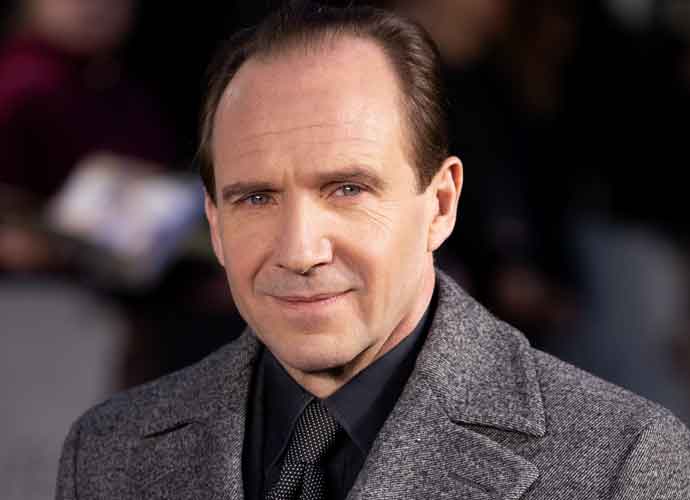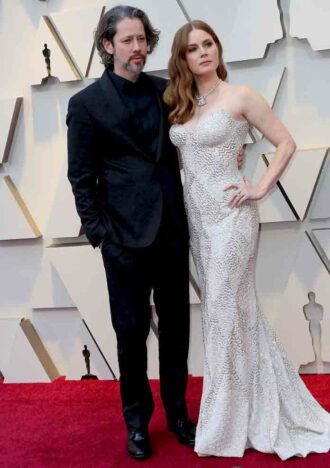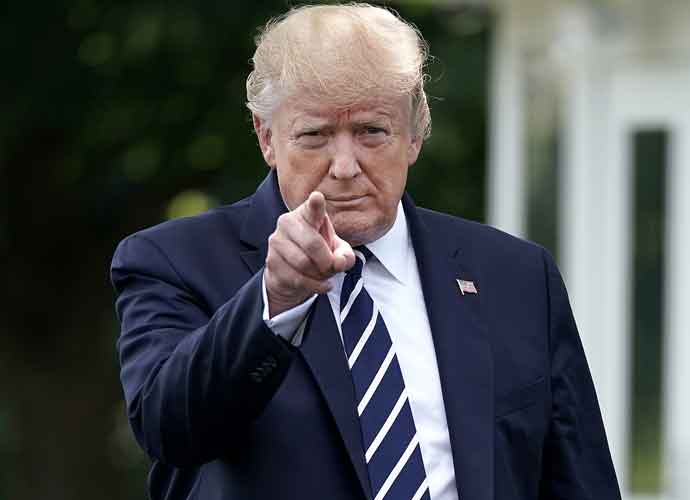VIDEO EXCLUSIVE: Ralph Fiennes Discusses Directing Rudolf Nureyev Biopic, ‘The White Crow,’ Oleg Ivanka
In an exclusive interview with uInterview, award-winning actor-turned-director Ralph Fiennes discussed his newest project, a biopic about the famous Soviet ballet dancer Rudolf Nureyev. The film, which was written by David Hare (Denial) and directed by Fiennes, is called The White Crow, and made its first premiere last year at the Telluride Film Festival.
The film follows Nureyev through his childhood years in the Soviet Union, and on as he decides to defect to Paris in 1961. At the time, Nureyev made headlines as the first major public figure to defect to the West during the Cold War. The film is based on the 1998 book, Rudolf Nureyev: The Life, by Julie Kavanagh.
Talking to uInterview, Fiennes explained how he became involved with the project and what piqued his interest in Nureyev’s story. “It struck me as a fantastically cinematic tale of artistic ambition within this greater Cold War context,” he said. As for how he went about casting the principal role, Fiennes said he chose newcomer Oleg Ivanka because “I decided early on that I wanted a dancer to play Nureyev and I felt strongly he should be someone unknown, so the audience brought no baggage at all.”
50 CELEBRITIES WHO DIED IN 2018 – TRIBUTE SLIDESHOW
See the full transcript of the interview below:
Q: How did you discover this story?
A: Well I was sent five chapters of a new biography of Rudolf Nureyev, a proof copy in fact, about 20 years ago, by Julie Kavanagh, who I knew a bit. And she sent me these five chapters, which cover his child years, his student years and his defection in Paris, and it struck me as a fantastically cinematic tale of artistic ambition within this greater Cold War context. I thought ‘if someone else is going to make this, I’ll be bummed.’ So we started to look for a writer, I approached David Hare. I felt David could write and understand this high-definition ballet dancer in the particular political time, the Cold War. And indeed David responded to the idea and we started to work together. We commissioned it in the end of 2014, so by May there was a first draft and so we worked on it and initiated our search for our young Nureyev.
Q: How did you choose Oleg Ivanka to play Nureyev?
A: Well I decided early on that I wanted a dancer to play Nureyev and I felt strongly he should be someone unknown, so the audience brought no baggage at all. We initiated this big sweep of casting search through the Russian-speaking dance world. And Oleg was on the radar quite early on, but not until I met a lot of people that he stayed on the shortlist of 3-5 people that we screen-tested in 2016. And I immediately had a very very strong feeling from the work that I saw and how he responded to my direction that he had an innate screen acting gift.
Q: What portrait are you painting of Nureyev?
A: I like when there are films with tricky or confrontational protagonists, like that. I think that as human beings we’re like that, we’re not all nice guys. And some people had concerns that his attitude would be alienating to audiences. I take the view that if someone is interesting, audiences want to be interested, they don’t necessarily want to have to like somebody. Or it’s interesting to have your sense of allegiance to the protagonist challenged by the protagonist. And I think that’s interesting in a story. And Nureyev is fascinating. I mean he has this pure big ego, and a huge commitment to dance, and David and I felt we can’t dilute that aspect of him.
Q: What made Nureyev different than other male dancers who had come before him?
A: Well I think he had a sort of onstage charisma and energy and a sort of sexual charisma that was very potent to an audience. I think he was probably a fiery compelling dancer with a technique that I’ve learned was a little rough around the edges when he first came to the West. I think he thought that in the West he would find further inspiration for dancing.
RELATED ARTICLES
Get the most-revealing celebrity conversations with the uInterview podcast!




 Click here for the Oscars 2019 Slideshow: The 10 Best-Dressed Stars Slideshow
Click here for the Oscars 2019 Slideshow: The 10 Best-Dressed Stars Slideshow



Leave a comment